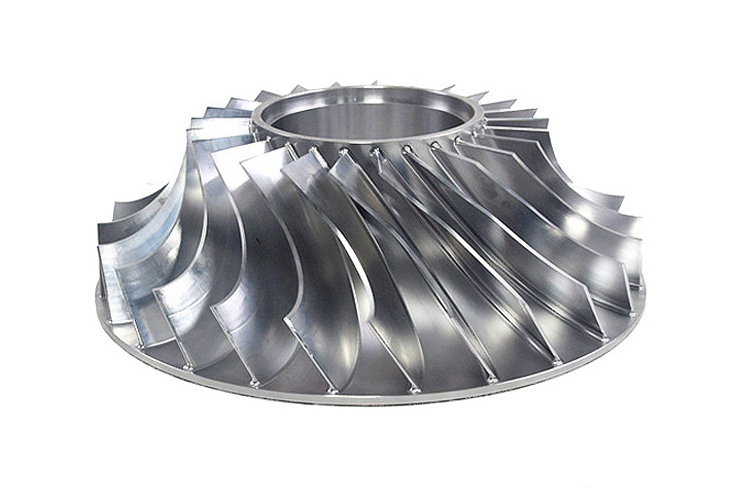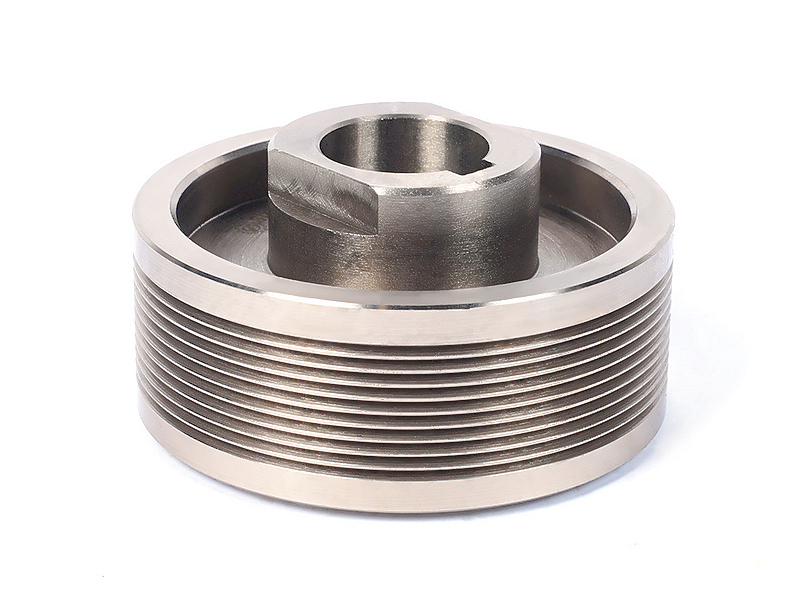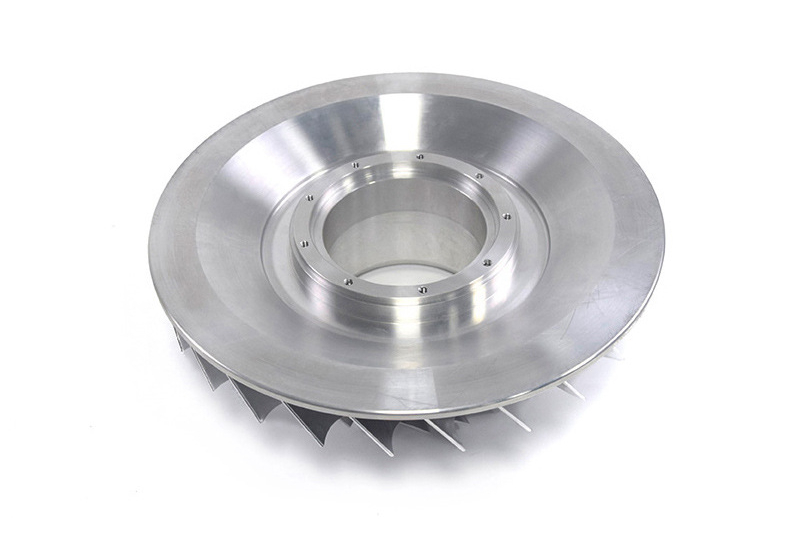How to evaluate a supplier’s real titanium CNC machining capability?
Evaluating a supplier's true capability for titanium CNC machining requires moving beyond basic certifications and sales pitches to a forensic examination of their technical processes, supporting infrastructure, and proven track record. Given titanium's poor thermal conductivity, high chemical reactivity at cutting temperatures, and tendency to work-harden, superficial assessments are insufficient. A rigorous evaluation must encompass their entire technological and quality ecosystem.
Technical Process Mastery
The first indicator is a supplier's demonstrable knowledge of titanium-specific machining strategies. Inquire about their parameters for different titanium grades, from TC4 (Ti-6Al-4V) to more challenging beta alloys. They should articulate a clear strategy for managing heat, such as using controlled radial widths of cut, trochoidal milling paths, and maintaining a constant chip load to prevent work hardening. Critically, they must have the infrastructure to support this, including machine tools with high-pressure coolant through the spindle (≥1000 psi) and torque-rich spindles designed for low-speed, high-feed-rate machining. The presence of specialized Multi-Axis Machining capabilities is also vital for complex aerospace or medical components, as it reduces setups and maintains stability for thin-walled features.
Quality Assurance and Metallurgical Integration
A capable supplier integrates quality control throughout the manufacturing process, not just as a final inspection. They should be equipped with advanced metrology like CMMs and optical comparators to verify complex geometries and conduct first-article inspections. For critical applications, their in-house or partnered ability to perform material verification and detect surface integrity issues is non-negotiable. This includes using etchants to identify alpha-case contamination—a brittle, oxygen-enriched layer formed during machining—and having a validated process for its removal, often via their CNC Grinding Service or chemical milling. Furthermore, they should have robust procedures for CNC Part Tumbling and Deburring to prevent stress concentrations in fatigue-critical parts.
Material Expertise and Post-Processing Capability
True expertise is evident in how a supplier handles the entire workflow. They should proactively discuss material certification, traceability, and the implications of the titanium alloy's condition (e.g., annealed, aged). Their capability should extend to critical post-processing. For instance, they should understand when and how to specify Heat Treatment for CNC Machining for stress relief. They must also offer a range of compatible surface treatments, such as Anodizing for aluminum or, more relevantly, specialized PVD Coating for Precision CNC Parts for titanium to enhance wear resistance without compromising the substrate.
Supply Chain and Program Management Rigor
Operational excellence is a key differentiator. Assess their project management framework for new programs, ideally through a CNC Machining Prototyping phase that validates the process. Inquire about their source for titanium raw material; a relationship with reputable mills is a positive indicator. Their ability to provide a One Stop Service, managing everything from machining to surface treatment and final inspection, reduces supply chain risk and ensures accountability. For production volumes, their capacity for Low Volume Manufacturing with consistent quality is crucial.
Practical Evaluation Checklist
Request a Plant Audit: Witness their processes, coolant management, tooling, and machine maintenance firsthand.
Ask for a Sample Part Run: Provide a challenging titanium component design. Evaluate the final part's surface finish, dimensional accuracy, and sharpness of edges.
Review Documentation: Scrutinize their first article inspection reports, material certs, and process traveler for a similar project.
Interview Engineers: Discuss past projects for the Aerospace and Aviation or Medical Device sectors to gauge their problem-solving experience.
Probe their Failure Analysis: Ask how they would investigate and resolve issues like premature tool failure or micro-cracking in a titanium component.



